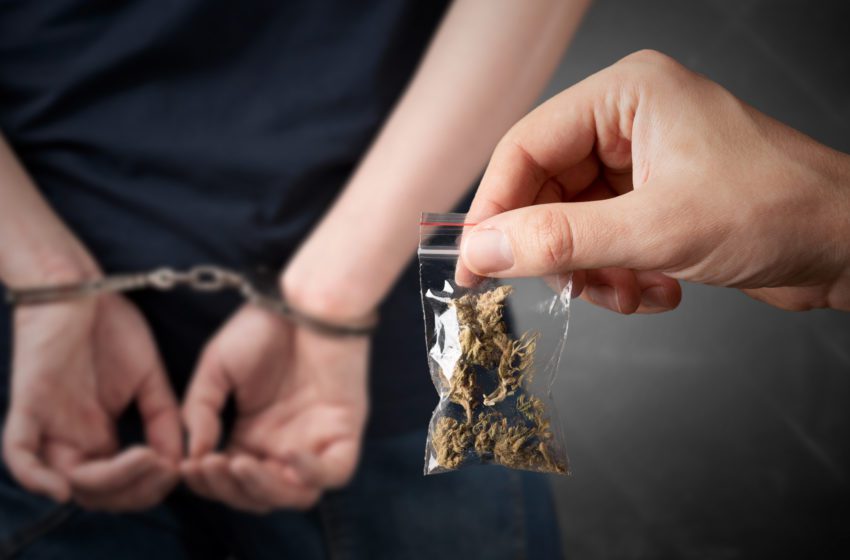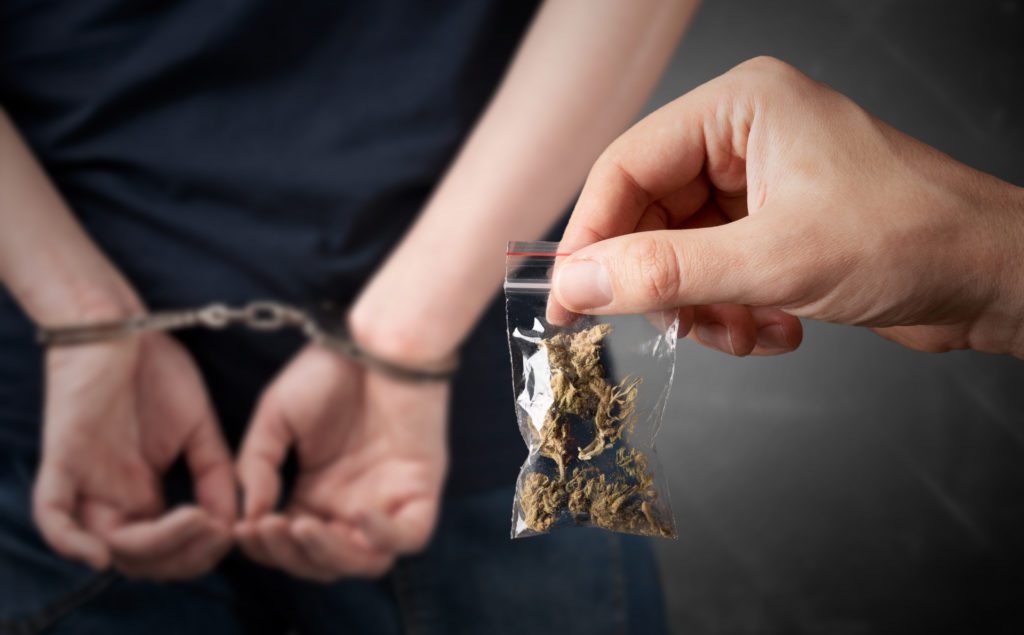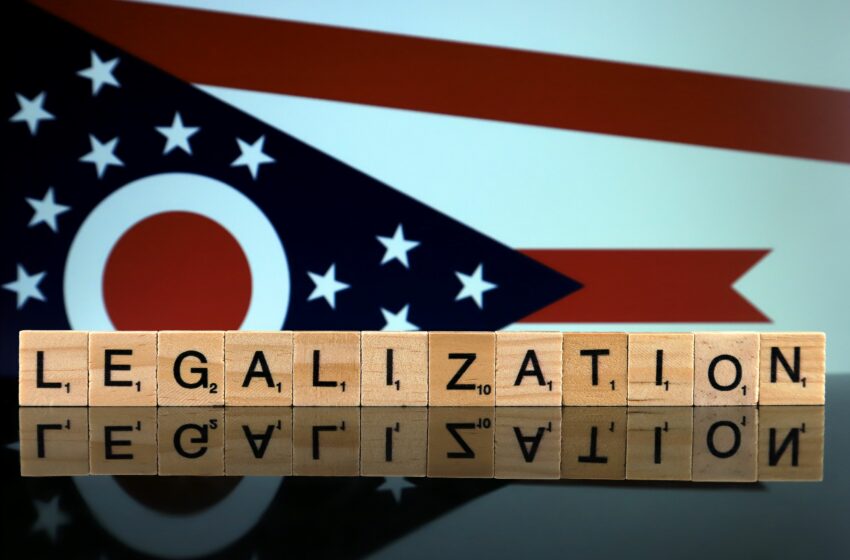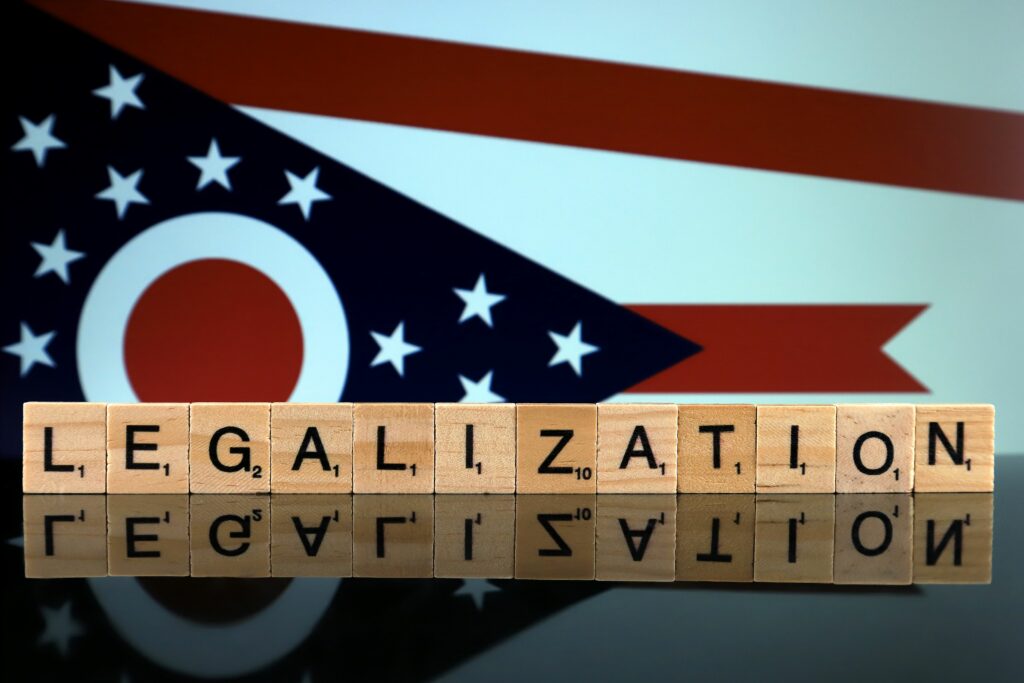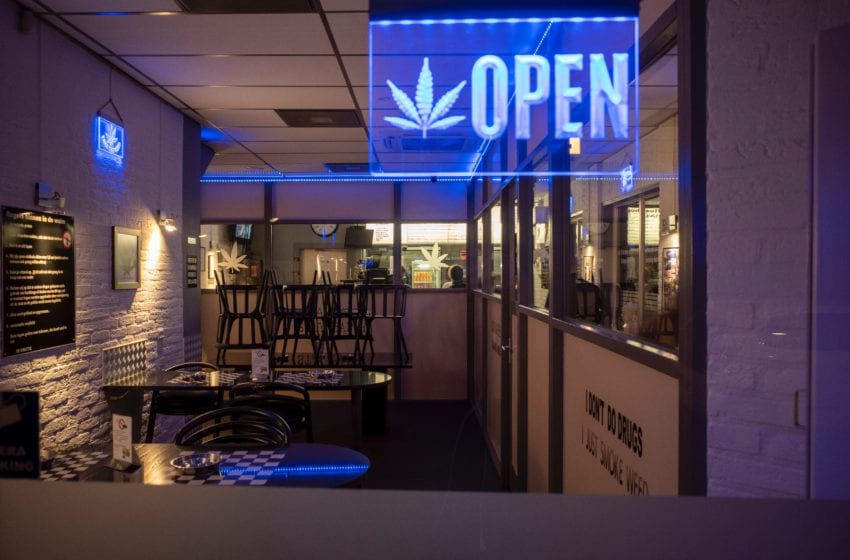
Equipped with evidence showing that e-cigarettes are a proven smoking cessation tool, a majority of American voters become opposed to efforts to eliminate flavored e-cigarettes, according to a poll carried out by Kellyanne Conway, who previously served as a counselor to former President Donald Trump.
Conducted in Michigan, Wisconsin and Pennsylvania, the survey showed that a majority of registered voters support fair and reasonable regulations that would preserve flavored e-cigarettes as a smoking cessation tool for adults while also safeguarding youth through marketing and advertising restrictions.
“Americans continue to reject outright bans on popular, legal everyday consumables. Whether it’s social media apps, gas-powered cars, gas stoves, nicotine pouches, menthol cigarettes or flavored vaping products,” said Conway. “In this survey, we find voters favor common-sense reform over outright bans that put science over politics to reduce harm and protect vulnerable communities like youth.”
The polling also shows an “information underload” among the American public as only 12 percent believe that vaping is better than smoking cigarettes while 75 percent believe vaping is as bad as or worse than smoking.
In addition, the polling shows that voters question why their elected officials at the state and federal levels prioritize flavored e-cigarette bans and restrictions over more obvious and urgent concerns. Importantly, survey participants suggested that they are poised to reward those elected officials who reassess outright bans on flavored e-cigarettes and work toward science-based solutions that are less extreme and do not erode basic freedoms.
The Vapor Technology Association (VTA) welcomed the poll results.
“The latest polling conducted across Pennsylvania, Michigan and Wisconsin further reinforces what VTA has long maintained: When presented with factual information, American voters accept the importance of vaping as a harm reduction and smoking cessation tool and then question regulators’ constant derogation of flavored e-cigarettes,” said VTA Executive Director Tony Abboud in a statement.
“Voters are not stupid; they have just been negligently misinformed by FDA leaders for years. Today’s poll reveals not only the importance of changing public perceptions about vaping but also highlights the political dangers of continuing down the path the FDA is on. It’s clear that voters across party lines are receptive to evidence-based approaches that balance adult access to smoking cessation tools with youth protection measures.”








